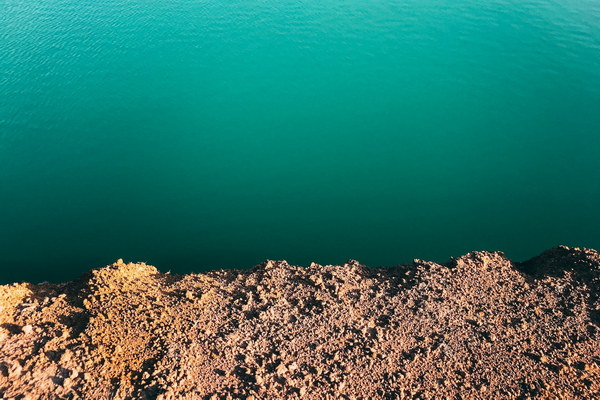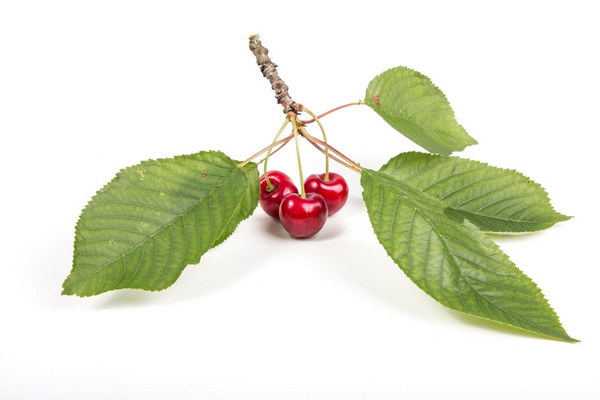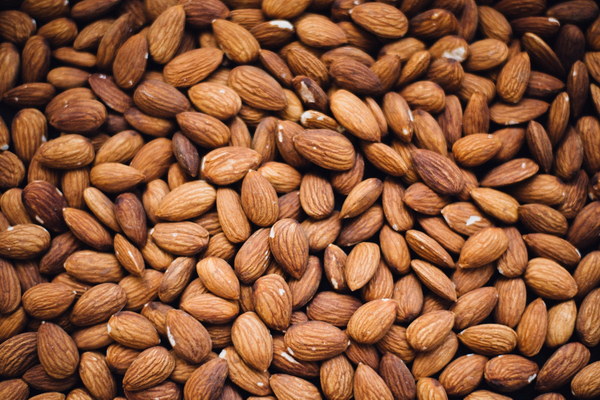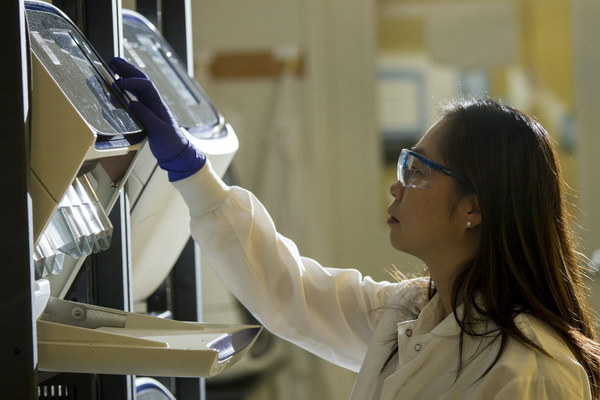Banishing Dampness A Journey to Rejuvenation Through Chinese Medicine
In the realm of traditional Chinese medicine, the concept of dampness is a common issue that affects the body's balance and overall well-being. Dampness is believed to be an internal imbalance that arises from an excess of moisture within the body, leading to various health problems. This article explores the removal of dampness through Chinese medicine and the subsequent rejuvenation of the body.
Understanding Dampness in Chinese Medicine
In Chinese medicine, dampness is considered a primary cause of illness. It is often described as a sticky, heavy, and cloudy substance that accumulates within the body, obstructing the flow of Qi (vital energy) and causing various symptoms. Common symptoms of dampness include fatigue, weight gain, bloating, poor digestion, and joint pain.
The Origin of Dampness

Dampness can arise from external factors, such as living in a humid climate or consuming cold, damp foods. Additionally, it can be caused by internal factors, such as poor diet, emotional stress, and insufficient physical activity. When the body is unable to eliminate dampness, it can lead to a variety of health issues.
Removing Dampness through Chinese Medicine
Chinese medicine offers several methods to remove dampness from the body, aiming to restore balance and improve overall health. Here are some common approaches:
1. Acupuncture: Acupuncture involves inserting fine needles into specific points on the body to stimulate the flow of Qi. By targeting points associated with dampness, acupuncture can help eliminate excess moisture and restore balance.
2. Herbal Medicine: Chinese herbal medicine is a cornerstone of traditional Chinese medicine. Herbs such as Atractylodes, Poria, and Cinnamon are commonly used to treat dampness. These herbs help to dry dampness, improve digestion, and strengthen the body's ability to expel dampness.
3. Diet and Lifestyle Changes: Adjusting diet and lifestyle can also help in the removal of dampness. Avoiding cold, damp, and heavy foods, such as raw fruits and vegetables, cold drinks, and greasy foods, is recommended. Instead, focus on consuming warm, dry, and light foods, such as soups, steamed vegetables, and lean proteins.
4. Exercise: Regular physical activity is crucial for maintaining a healthy body and eliminating dampness. Exercise helps to promote the flow of Qi and improve digestion, which can aid in the removal of dampness.
Rejuvenation through Dampness Removal
Once dampness has been successfully removed, the body can begin to rejuvenate. This rejuvenation process involves restoring the body's balance, strengthening the immune system, and improving overall well-being. Some benefits of dampness removal and rejuvenation include:
1. Increased Energy Levels: By removing dampness, the body's Qi can flow more freely, leading to increased energy levels and vitality.
2. Improved Digestion: Dampness can lead to poor digestion. By eliminating dampness, the digestive system can function more efficiently, leading to better nutrient absorption and improved overall health.
3. Weight Loss: Dampness is often associated with weight gain and bloating. Removing dampness can help the body shed excess weight and achieve a healthier weight.
4. Reduced Joint Pain and Swelling: Dampness can contribute to joint pain and swelling. By eliminating dampness, the body can experience reduced joint pain and improved mobility.
Conclusion
In conclusion, dampness is a common issue in traditional Chinese medicine, and its removal is essential for restoring balance and rejuvenating the body. By utilizing methods such as acupuncture, herbal medicine, diet, and exercise, individuals can effectively eliminate dampness and enjoy the numerous health benefits that come with it. Embracing the principles of Chinese medicine can lead to a healthier, more balanced life.









